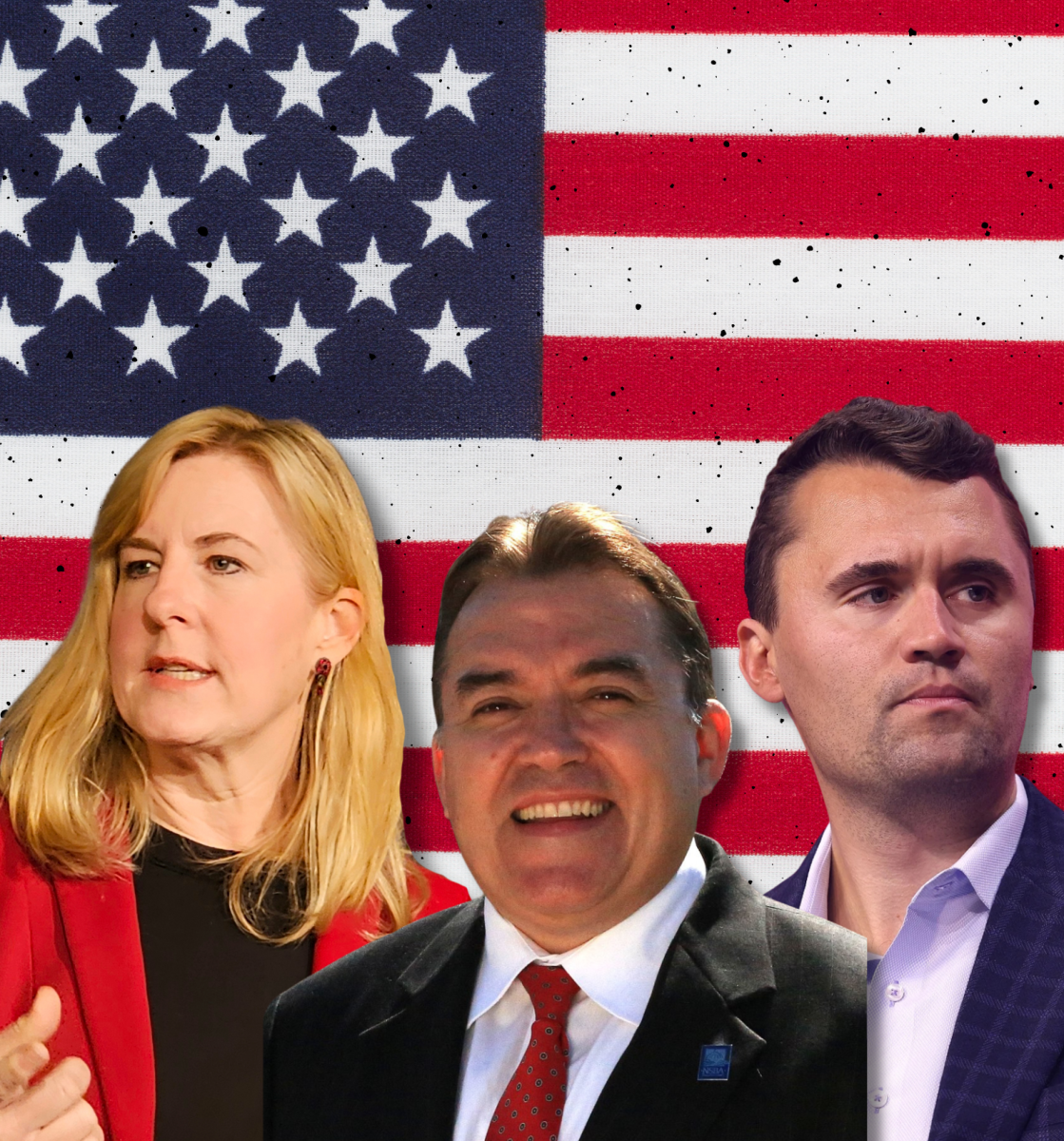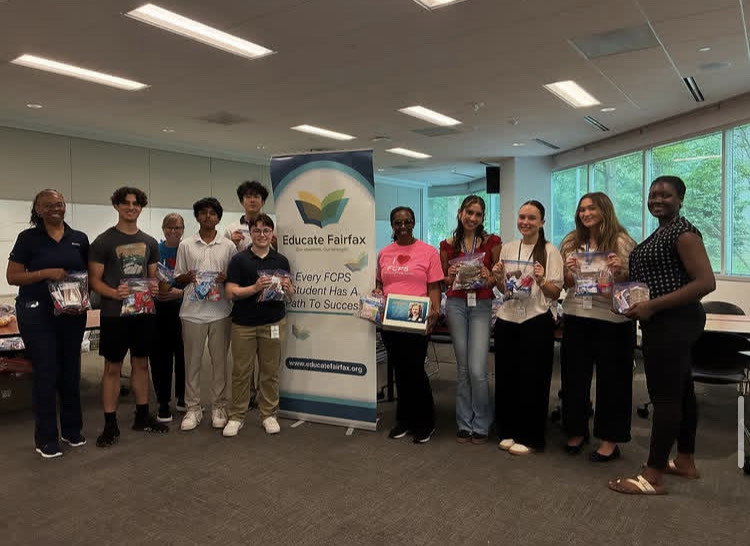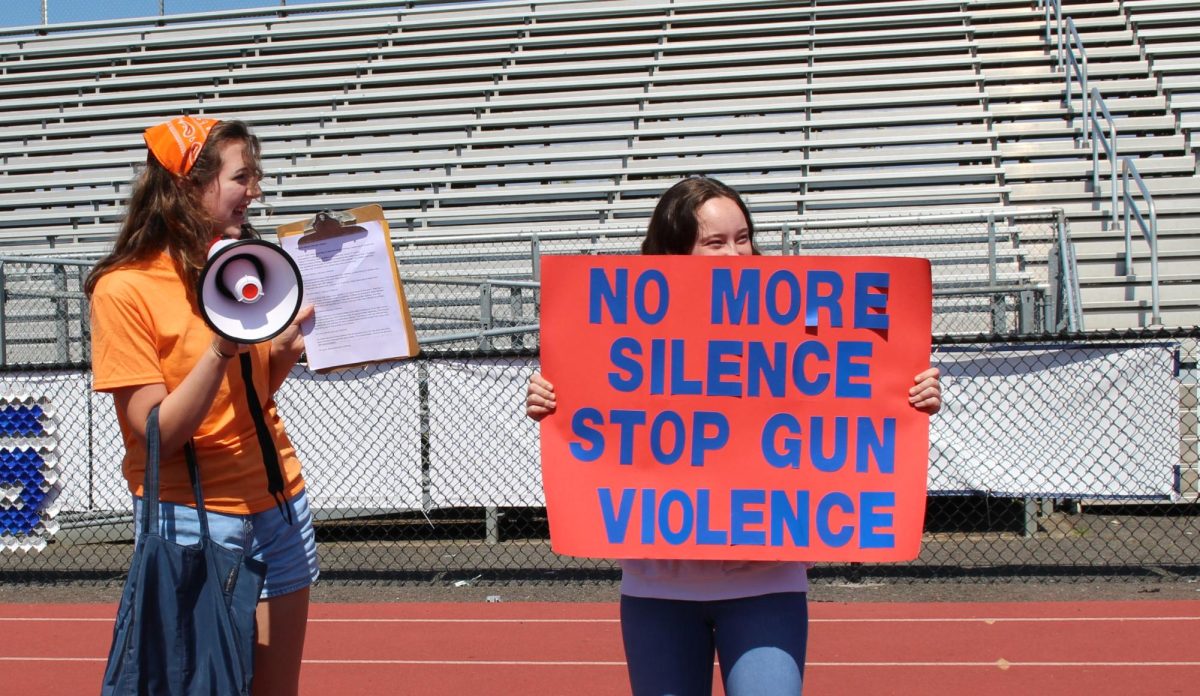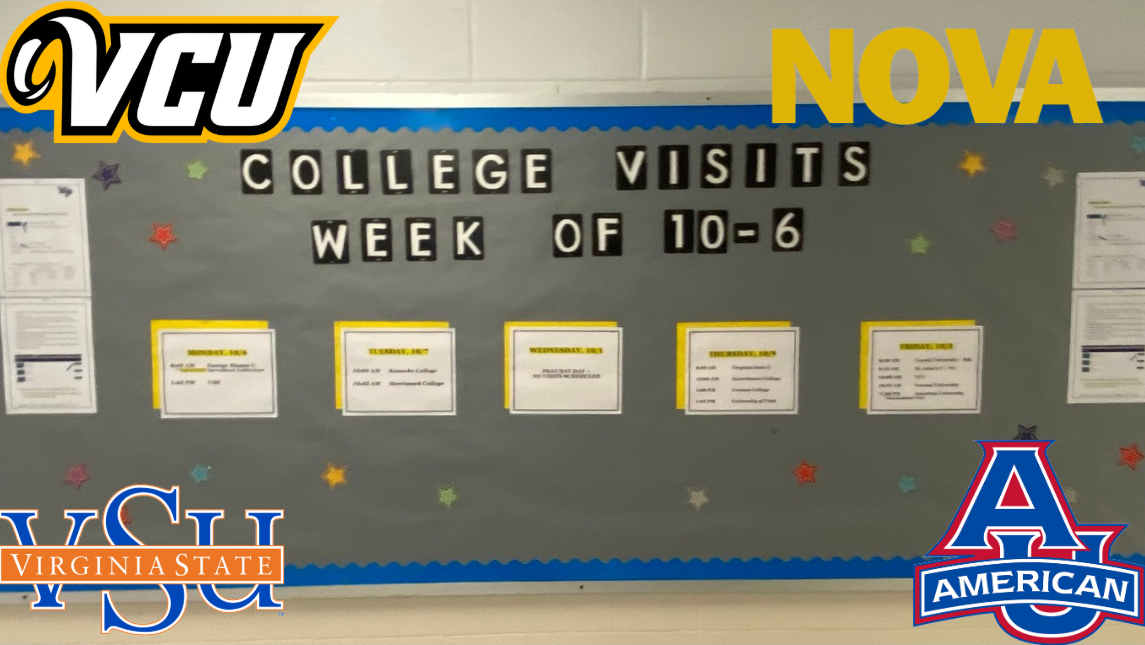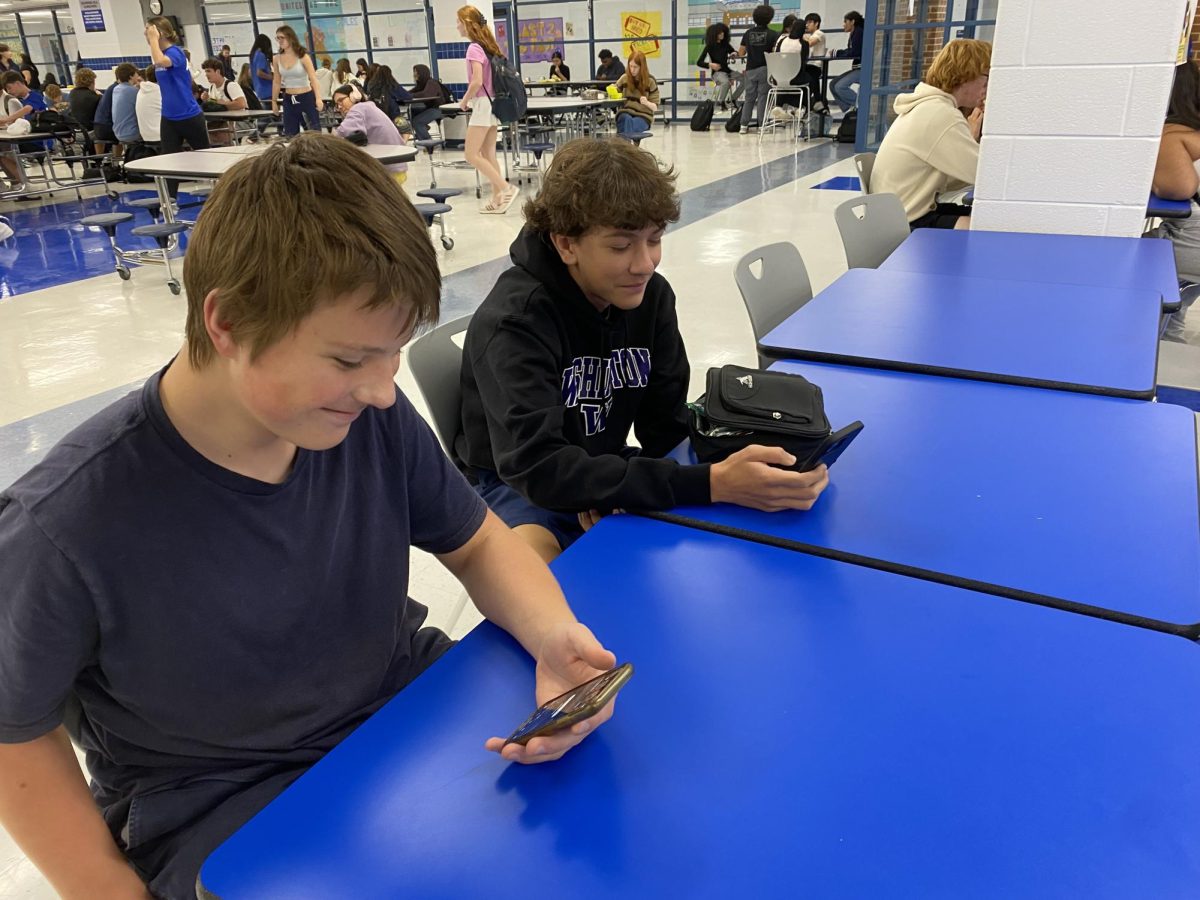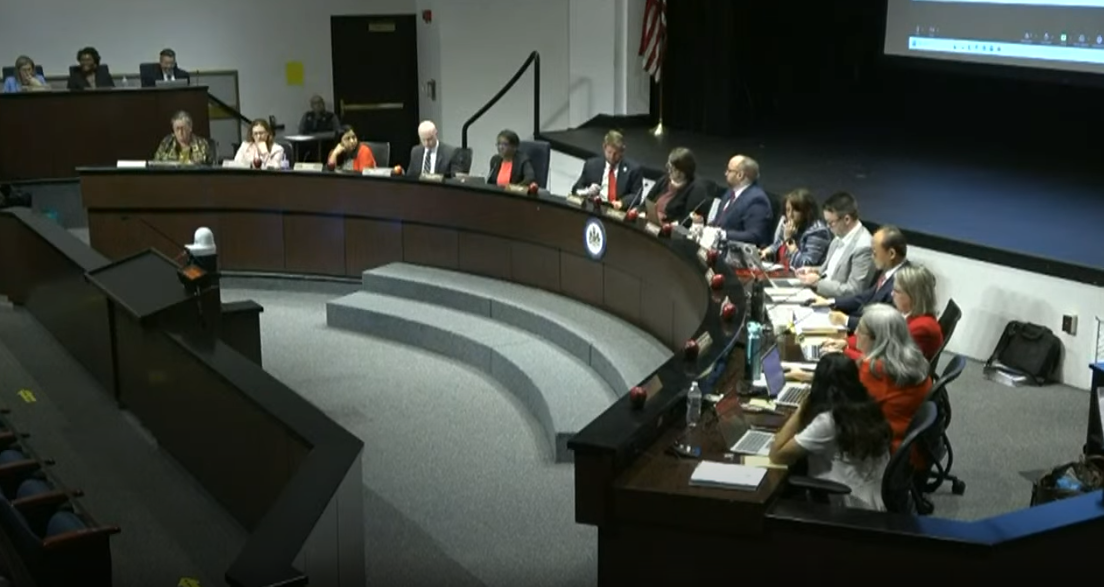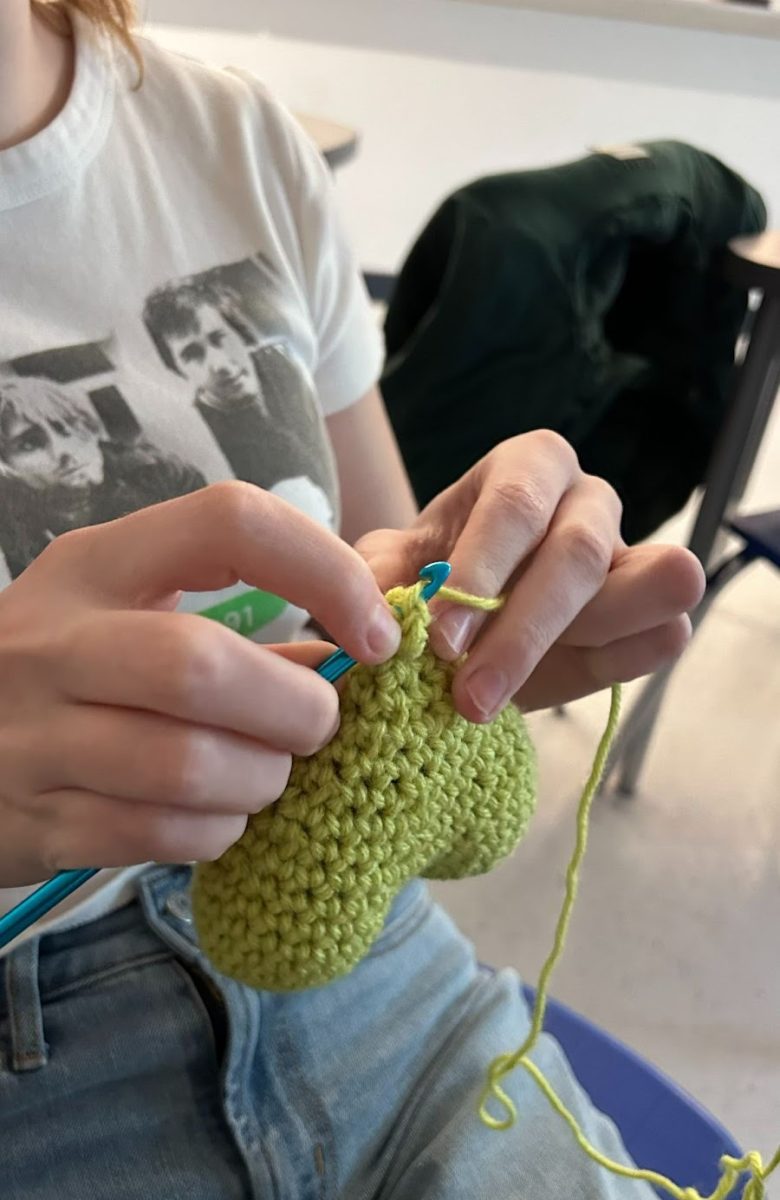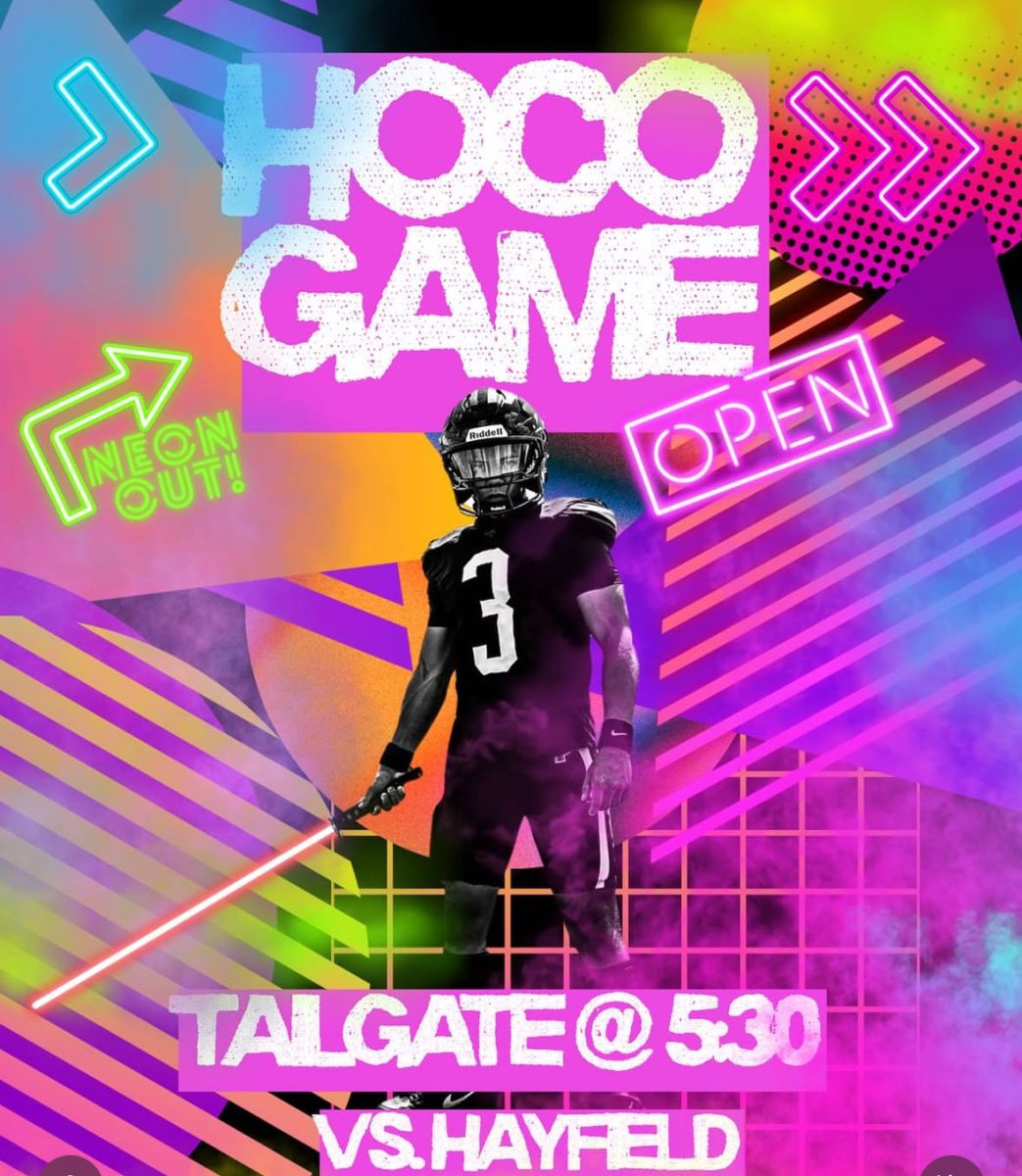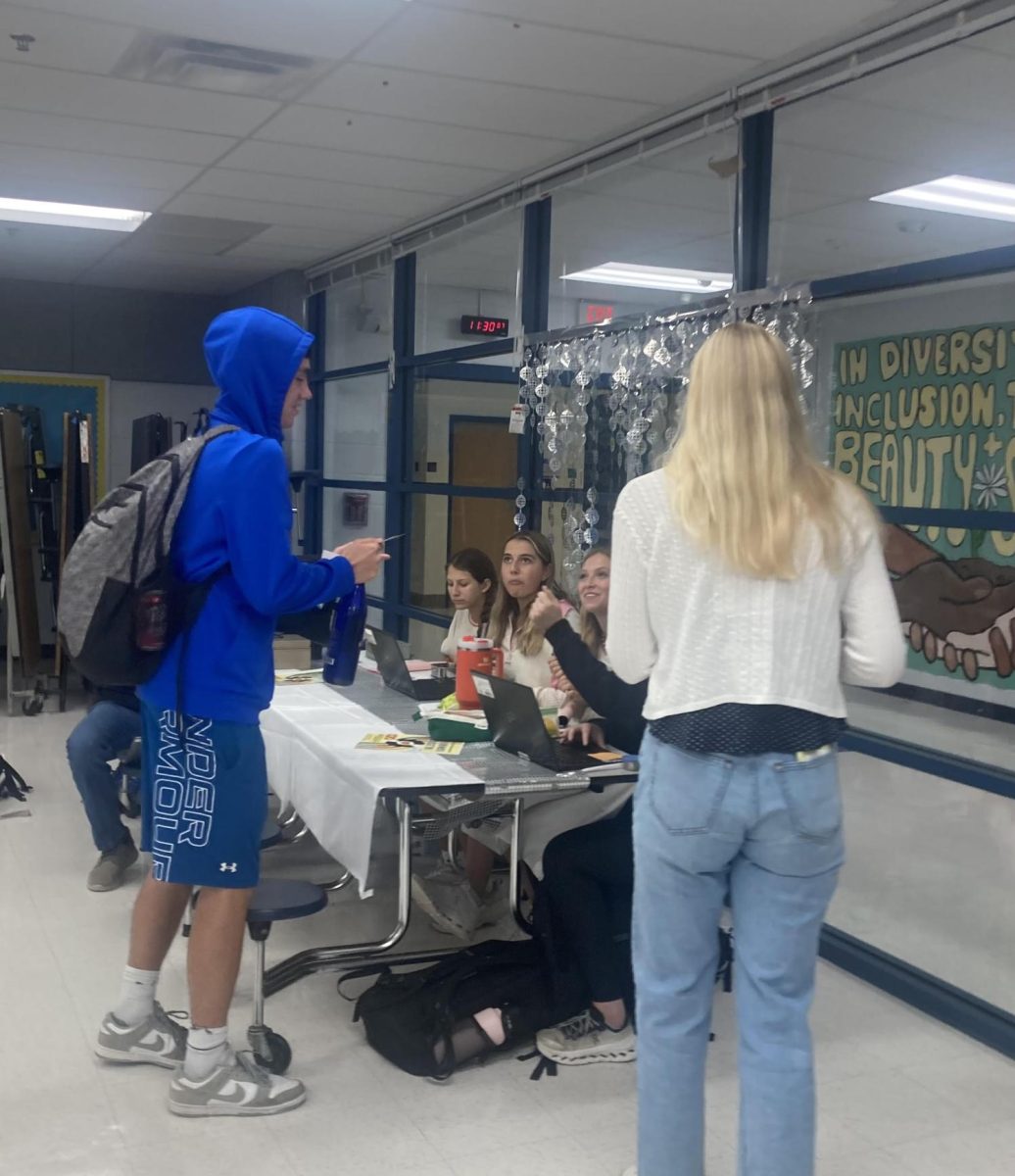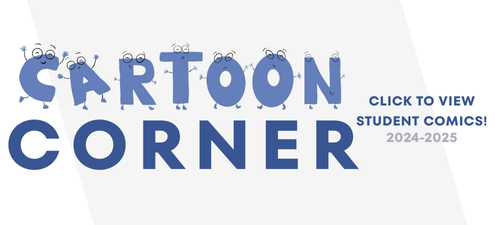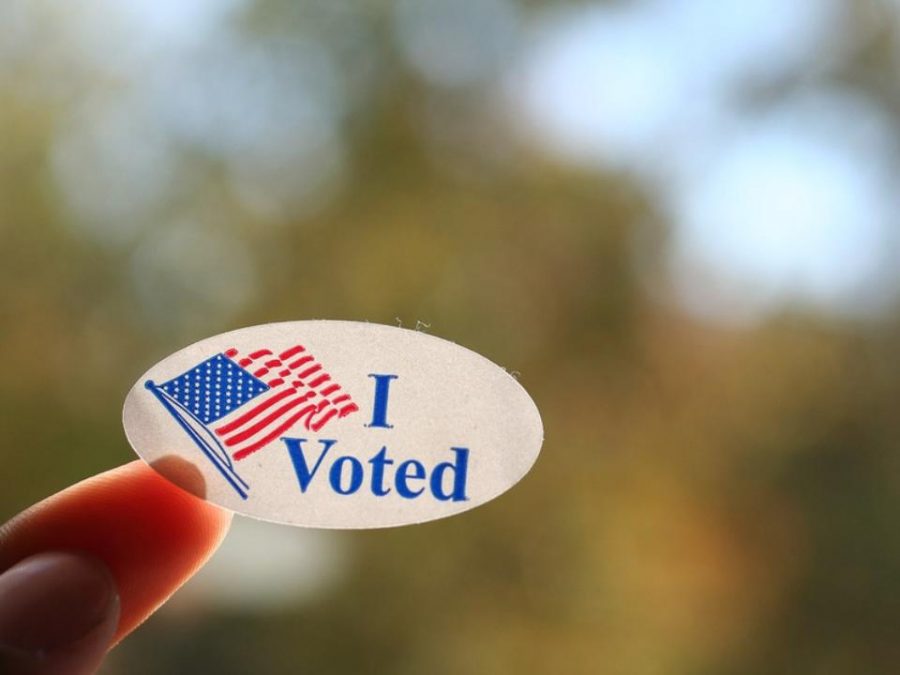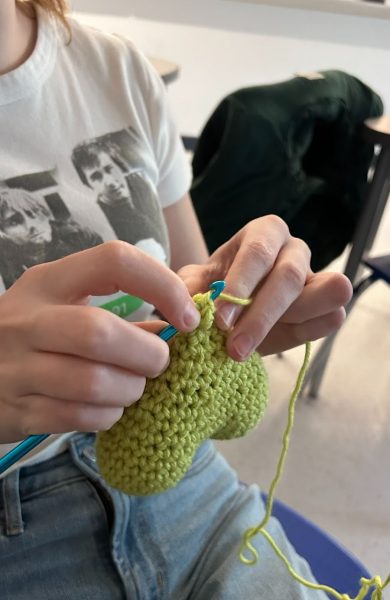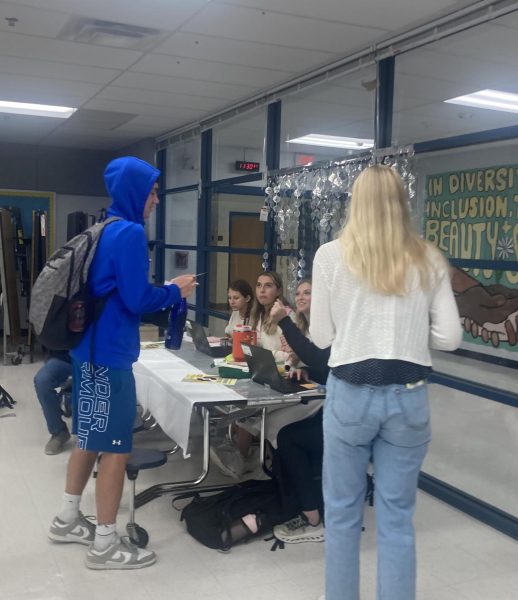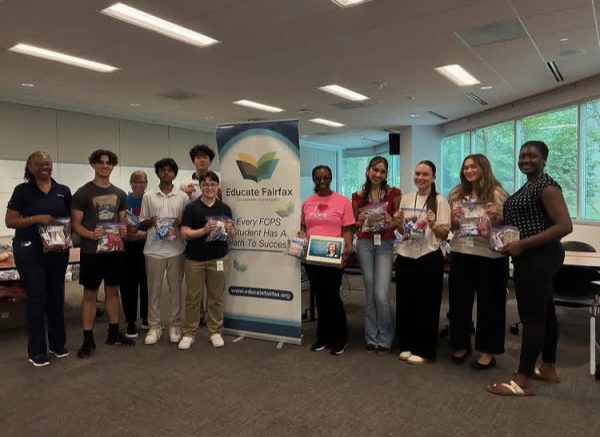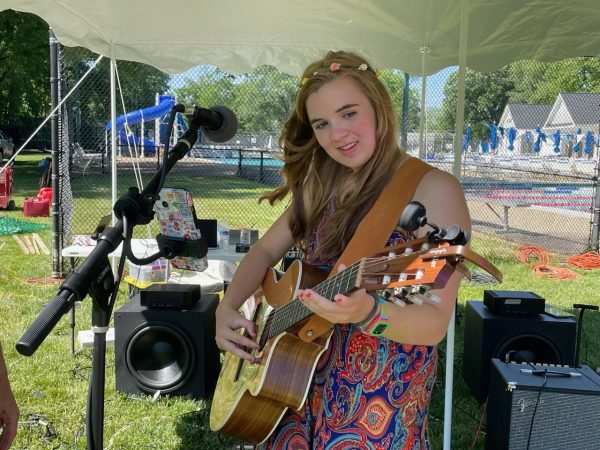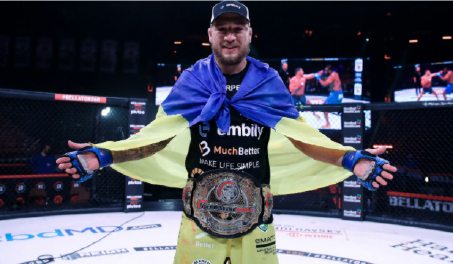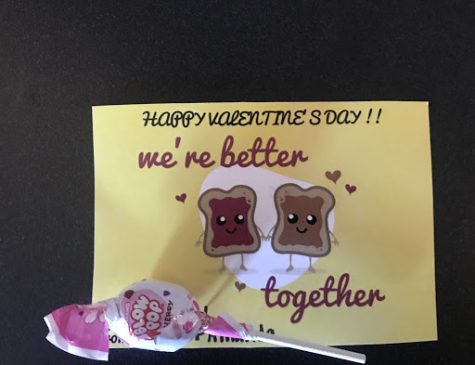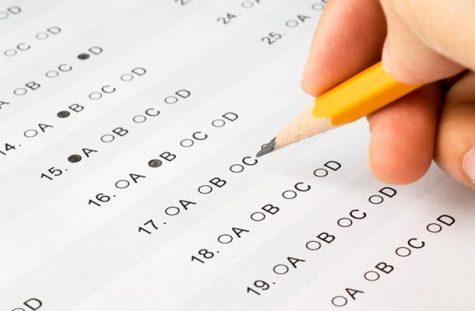What It’s Like To Be a First-Time Voter
This article appeared in the November 2016 issue of the Wire.
ThIt’s strange to be a first time voter in the 2016 election. My comparative government class has taken on a sense of urgency to me. When I read the newspaper in the morning, I always look for articles and information on the election. I have always tried to follow politics throughout high school. Still, coming into the 2016 election as an 18 year old feels weird, but in a bad way, as if voting has a higher urgency now than it would have been in a “normal” election.
Seeing that both candidates’ approval ratings are historically low, it’s hard to deny that this election cycle has been—and will continue to be—anything close to normal. In an October 3-10 Gallup poll, both candidates had majority negative approval ratings, with 63 percent and 55 percent of sampled voters holding negative views on Trump and Clinton, respectively. With both Trump and Clinton littered in controversy, most recently with Trump’s comments in the leaked “Access Hollywood” 2005 tape and the Clinton campaign’s emails released by WikiLeaks it seems as if neither candidate is following the norms of a presidential election.
This is what makes voting for the first time in this election different. You have people voting for one candidate not because they agree with their policies, but because they are not as outrageous as the other candidate.
Another new difference in this election is the fact that millennials are well on their way to becoming one of the largest age groups of eligible voters. According to Pew Research Center, Millennials and Gen Xers combined now make up more of the eligible voters than Baby Boomers, with 58 percent of the population. Millennials alone make up about 21 percent of the voting population alone, and for 16.5 million of them this year is the first year they can vote. This means young voters will strongly matter to the general outcome of the race, especially in swing states– CIRCLE at Tufts University ranked Virginia as #7 in the top 10 states that will have youth electoral significance in the presidential election.
Historically, 18-24 year olds have always had lower voter turnout compared to older age groups. According to the U.S.Census CPS, In 2012 only 45 percent of 18-24 registered to vote compared to 66.3 percent of people 30 and over. Even farther back, Generation Xers and Baby Boomers had similar turnouts as millennials when they were essentially the same age.
I have known that I wanted to participate and vote once I was able to. While the statistics say the majority of young people don’t vote, I didn’t want to be in that category. I understand that my vote matters, even if in the grand scheme of things it seems like it doesn’t. Understanding why participation is important influenced me to vote in the primaries last March. I remember I was so excited going into Super Tuesday. The 2016 election was already an eventful one back then, and I wanted to participate and do my part.
It’s important for young people to vote because one of the two candidates in this election will lead us into the future, into our adult lives. When young adults don’t vote, we are letting older generations decide on issues that will primarily affect us. Besides, voting is a right, and so many other countries aren’t democracies. The election of 2000 alone taught the U.S. that every vote counts, and the millennial vote can make or break a campaign. Whether you like either of the candidates or not, this election (and all elections) are deciding the country’s future— who wouldn’t want a say in what happens next? I am a first time voter because of all of these things. Though this election year is, to say the least, strange, I won’t let that stop me from doing all I can to help the future.


